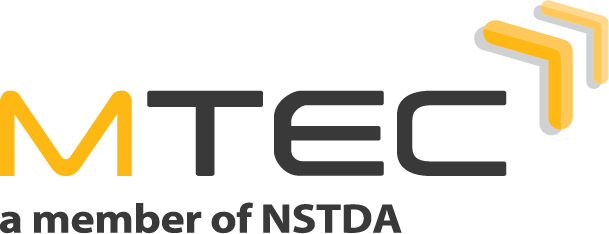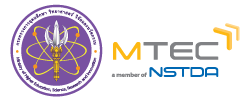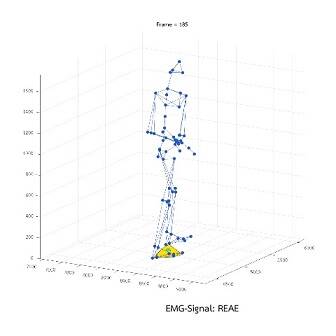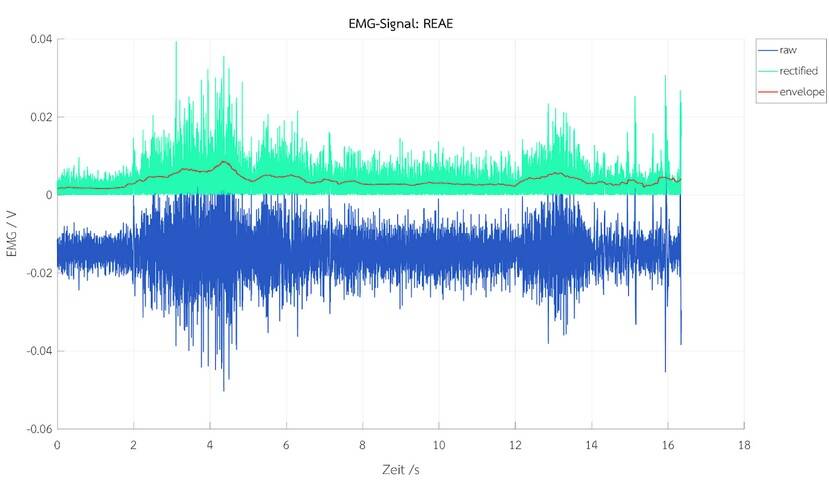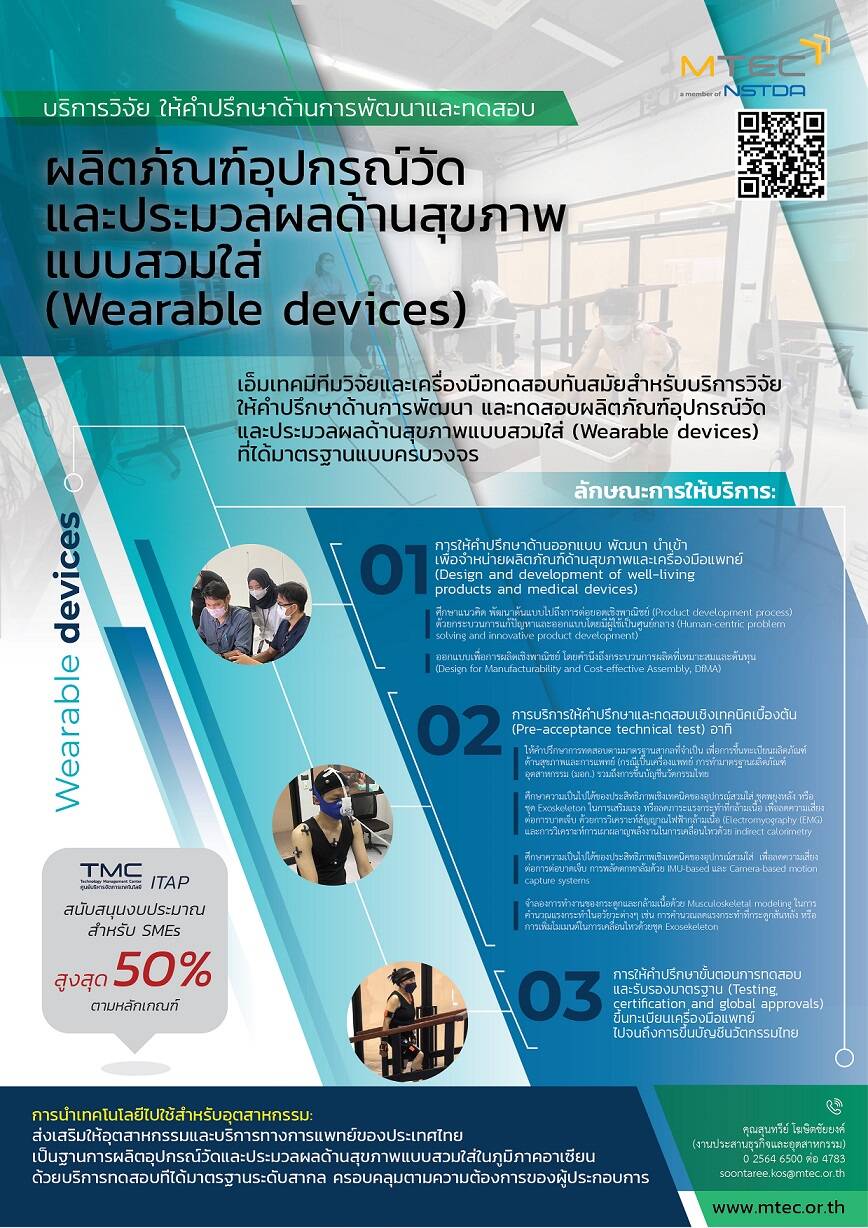Well-living Design Research Team
Committed to enhancing the overall well-being of individuals, the Well-Living Design Research Team prioritizes user needs and insights in the development of its innovative products and solutions.
Our research and development efforts leverage the collective expertise of our team members, whose diverse backgrounds encompass design, product development, reverse engineering, biomedical engineering, bioinformatics, robotics, human anatomy, physical therapy, materials science, physics, applied mathematics, experimental design, system simulation, exoskeletons, and artificial intelligence, to drive the creation of innovative solutions.

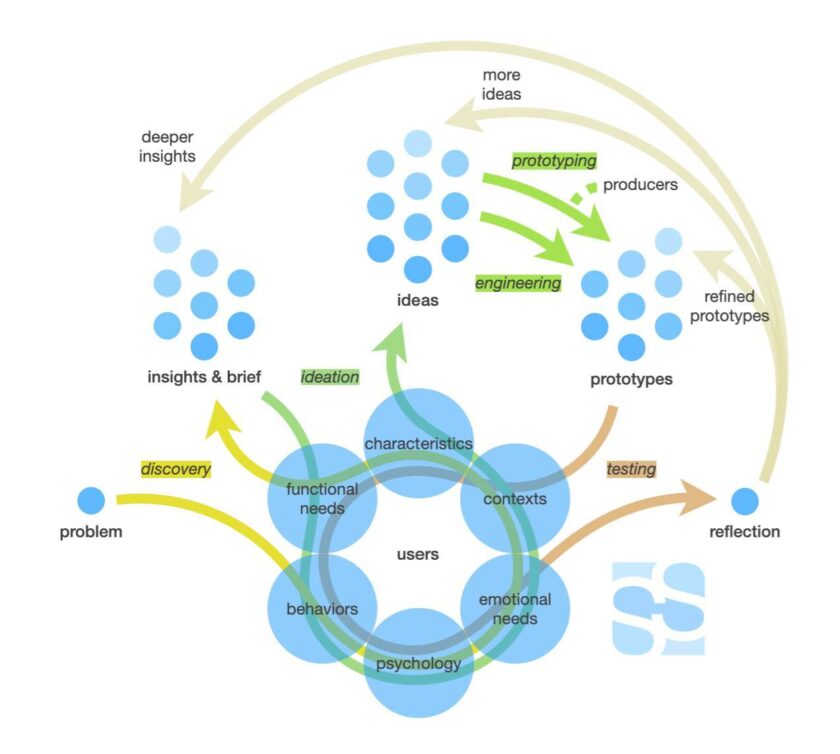
The user-centered design process: Attentive Empathetic Design (Sukkasi et al., HERD 2022)
Well-Living Systems (A smart system for the well-being and safety of residents employed artificial intelligent)
A Well-Living System is an AI-powered caregiver assistant that monitors independent seniors, learning their routines and alerting caregivers to potential concerns while respecting privacy. A well-living system designed for the peace of mind of the entire family.
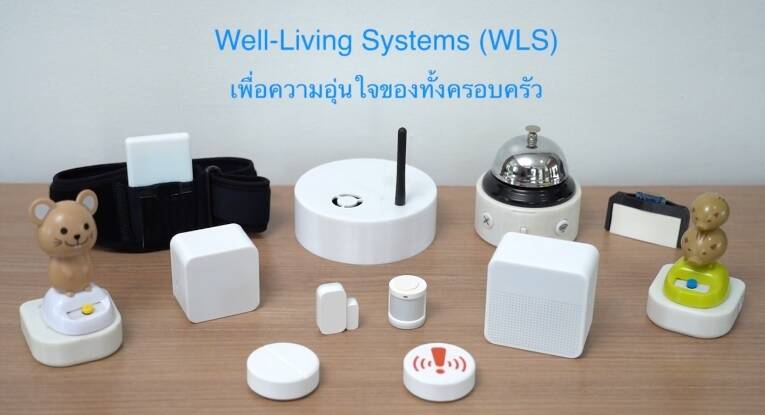
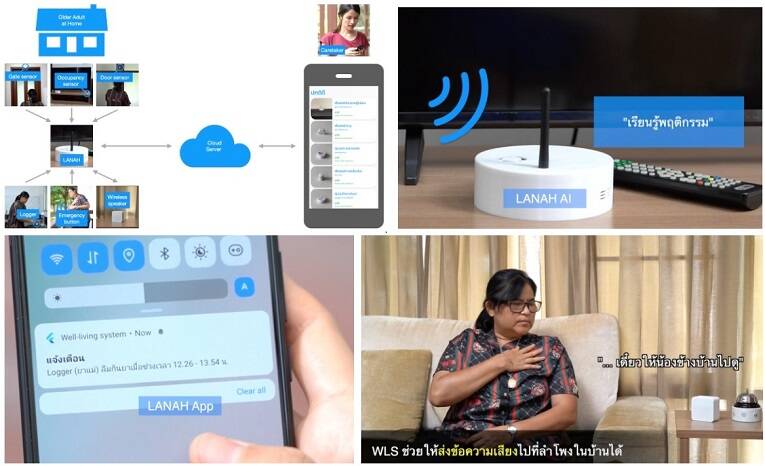
Rachel (Muscle-assistive wearable suit designed to aid the mobility of the seniors)
This adaptive full-body wearable suit is specifically designed to improve the accessibility of daily activities for older adults. It promotes flexibility and safety while encouraging them to maintain a consistent level of physical activity. The suit supports muscle function in key areas such as legs, back, abdomen, and hips. This thoughtful design of the suit assists muscles that may weaken with age. The lightweight and breathable fabric allows for efficient heat dissipation, making it comfortable for daily wear as an undergarment.
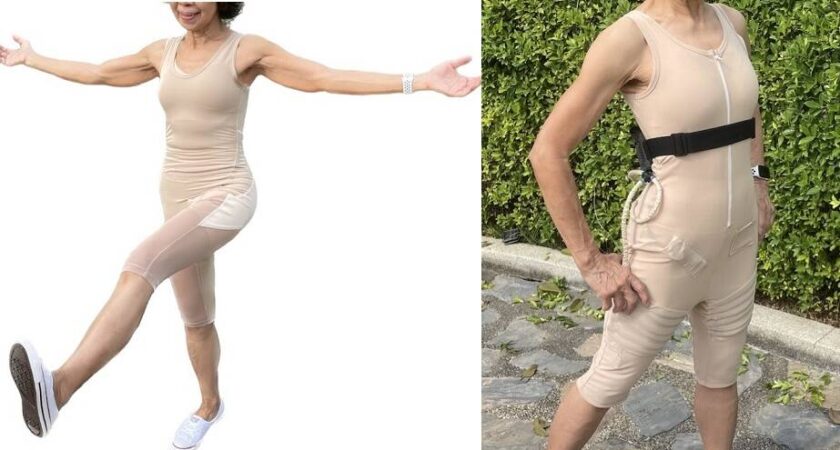
Ross (Motion-Assist Exosuit): Back Support – A strength-enhancing exosuit for caregivers attending to patients
The Ross suit is specifically designed to address the needs of individuals who frequently lift objects or care for patients, such as healthcare professionals. It features a unique mechanism that stores energy when the user bends down and releases it to assist them in rising. This accumulated energy facilitates stretching movements, which can be challenging for caregivers due to the strain they place on the back. These muscles are especially susceptible to injuries among caregivers. The suit is designed for convenient wear and removal and does not impede walking or other routine activities.

PETE (Patient Isolation and Transportation Chamber): a protective enclosure designed for isolating and transporting patients
Specifically designed to address the challenges of patient transport during respiratory emergencies associated with the spreading pathogens, this equipment provides efficient movement on both ground and air ambulances. It seamlessly integrates with CT-SCAN imaging systems for real-time diagnostics during transport. Additionally, the equipment boasts a sophisticated notification and control system that adheres to strict international safety standards, including ISO14644 for cleanroom environments, IEC60601-1 for medical equipment, and IEC60601-1-2 for electromagnetic compatibility.
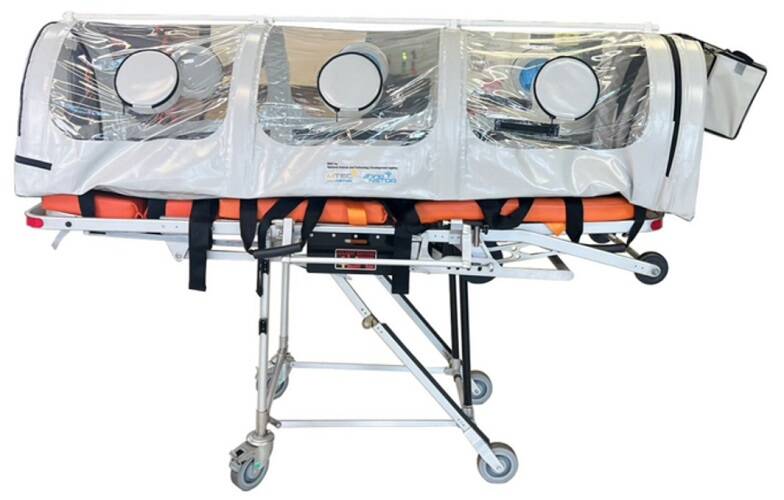
HI-PETE (Negative air pressure room for isolating patients with respiratory infections)
A negative-pressure control room is a specialized environment designed to isolate and segregate patients infected with respiratory pathogens. This controlled environment can be utilized in various settings, including home-based patient isolation units, screening rooms for individuals at risk of respiratory infections, and operating rooms requiring strict control over airflow to minimize the spread of pathogens. The negative-pressure control room is available in three distinct sub-models: compact, balloon, and grande. Each model meets rigorous safety standards, including ISO14644 for cleanroom environment, IEC60601-1 for medical equipment, and IEC60601-1-2 for electromagnetic compatibility, ensuring optimal patient and professional safety.


XOMoCap
A powerful toolbox for comprehensive Motion Capture analysis. The open-source nature of the toolbox fuels its adaptability. Researchers can build upon existing functionalities, automate processes, and tailor the analysis format to address specific research questions in diverse areas. Seamless integration of diverse data streams enriches motion capture analysis. Users can import “Markers,” sourced from 3D cameras or transformed from IMU data, into the analysis alongside signals like EMG or various forces. Leveraging 3D data, the toolbox builds a detailed stick-figure model with body mass assessment, boosting analysis accuracy. Seamlessly integrating with simulation software like AnyBody, it imports and analyzes data with ease. Reports and interactive visualizations are generated automatic using PGFPlots and FZGeIl.
Mobile salon
A joint effort between MTEC researchers and the Neurological Institute of Thailand, Department of Medical Services, this mobile hair-washing cart bring convenience and safety to hair care for bedridden patients and seniors. Powered by a 12V battery, the cart includes features such as water spill protection, a water level alert system, and an automatic pump cutoff when water is depleted. Additionally, the cart’s height is adjustable to accommodate the user’s preferences or the height of the patient’s bed. Suitable for hospitals or elderly care centers, it has undergone practical testing at the Neurological Institute of Thailand. Currently, the technology has been successfully transferred to a private company for further development and implementation.

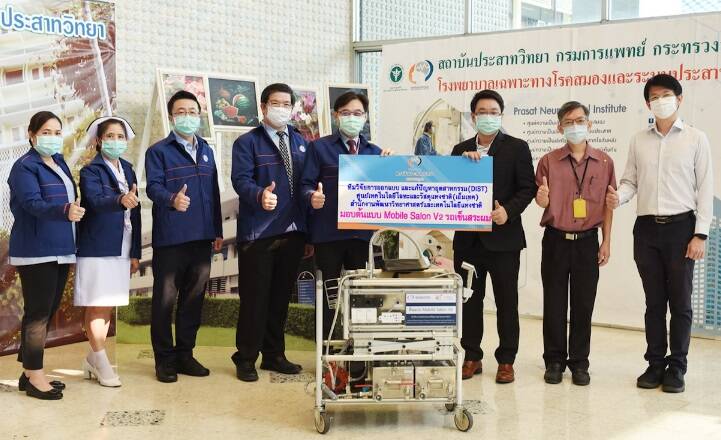
Aree
Amidst the COVID-19 surge, hospitals are required to establish dedicated isolation wards for specialized patient care. However, the single-use nature of personal protective equipment (PPE) donned by healthcare workers entering these wards leads to significant financial strain. The utilization of the remote-controlled cart “AREE” for transporting supplies in place of medical personnel can help reduce costs and mitigate the risk associated with medical staff duties. AREE features an enclosed compartment with all controls and propulsion equipment situated within a waterproof cabinet at the bottom of the cart. It includes two-tiered trays to support loads, moves at a speed not exceeding 2 kilometers per hour, has a minimum turning radius of 0 cm (pivotable in place), and can be remotely controlled for forward-reverse and left-right turns. AREE’s rechargeable battery offers a range of approximately 3 kilometers per charge, capable of carrying a payload of up to 5 kilograms without compromising speed. Additionally, AREE is designed to accommodate the application of cleaning solutions onto its surface, ensuring ease of use without extensive training.
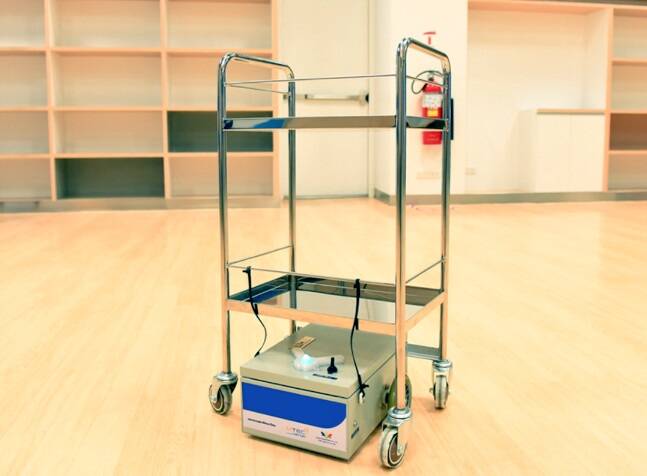
Better Aging toys for older adults (ของเล่นสำหรับผู้สูงอายุ)
Plan Creations Co., Ltd., the manufacturer and exporter of children’s toys made from natural rubberwood under the brand “Plan Toys,” commissioned a research team to design and develop toys that could enhance cognitive abilities, promote learning through play, evoke positive emotions, and foster psychological connections within the family. The project took inspiration from over 60 toy concepts and selected a subset of toys for evaluation by older people and their families. The goal was to assess usability, desirability, and market feasibility. This project successfully brought eight new toy models for older adults to the market.
Additional Information: Better Aging
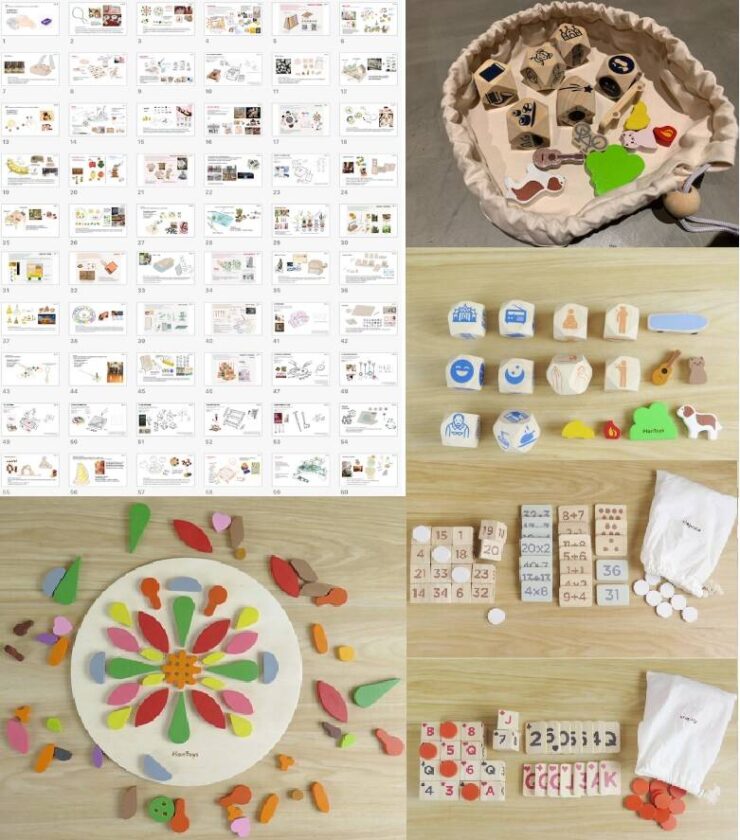
Telecare – teleconsultation and remote care assistance
Telecare is a medical-grade diagnostic device designed for remote evaluation of brain and nervous system disorders by specialized physicians. Doctors can directly communicate with patients and observe various body movements and facial expressions. Additionally, it can also examine eye responses. The device is equipped with a microphone and a narrow-angle video recording device capable of capturing both infrared and normal light images. It is lightweight and can be easily moved by the user. The device is placed near the patient’s bedside, transmitting simultaneous signals of two images and sounds.
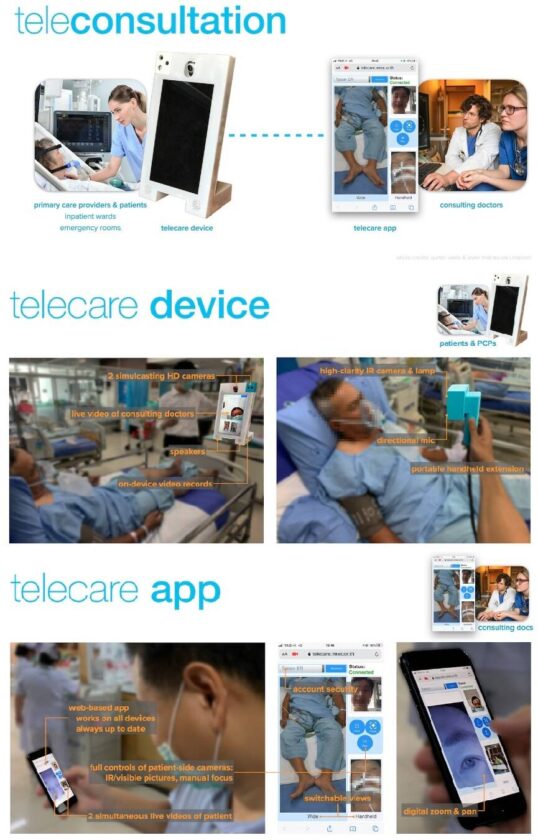
Joey (Awakening Bed)
Joey, the innovative Awakening Bed, empowers seniors to safely and comfortably sit up and stand, reducing fall risks and lessening reliance on caregivers. It fosters active participation in various activities, encouraging social interaction and addressing the needs of post-surgery patients and individuals with mobility issues like Parkinson’s disease. Drawing upon successful technology transfer and design refinement, SB Design Square Co., Ltd. has launched “Power Lift Bed,” a new offering that seamlessly blends aesthetics, functionality, and brand identity.
Additional Information: Power Lift Bed, Power Life Bed and Technology Information
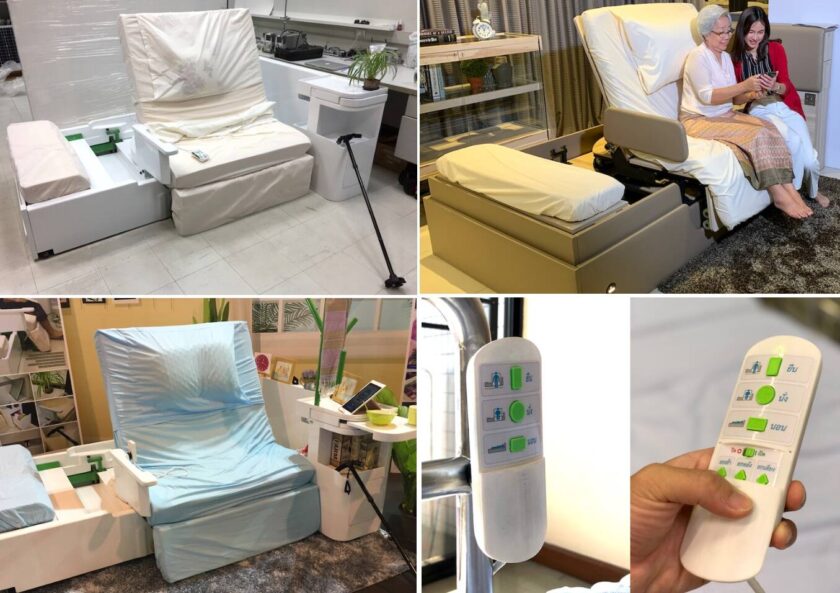
Akiko (Brain-stimulating fabric)
Akiko, a specially designed blanket featuring stimulating textures, provide tactile engagement and memory support for seniors and individuals with cognitive impairment. The fabric is soft and features a variety of textures and patterns that can be customized with images, objects, or scents, providing a familiar and comforting experience. This helps seniors and individuals with cognitive impairment feel physically and mentally relaxed, reducing agitation. Moreover, it can be used for activities with family members, serving to exercise memory and decision-making skills through interactive games involving items placed on the fabric.
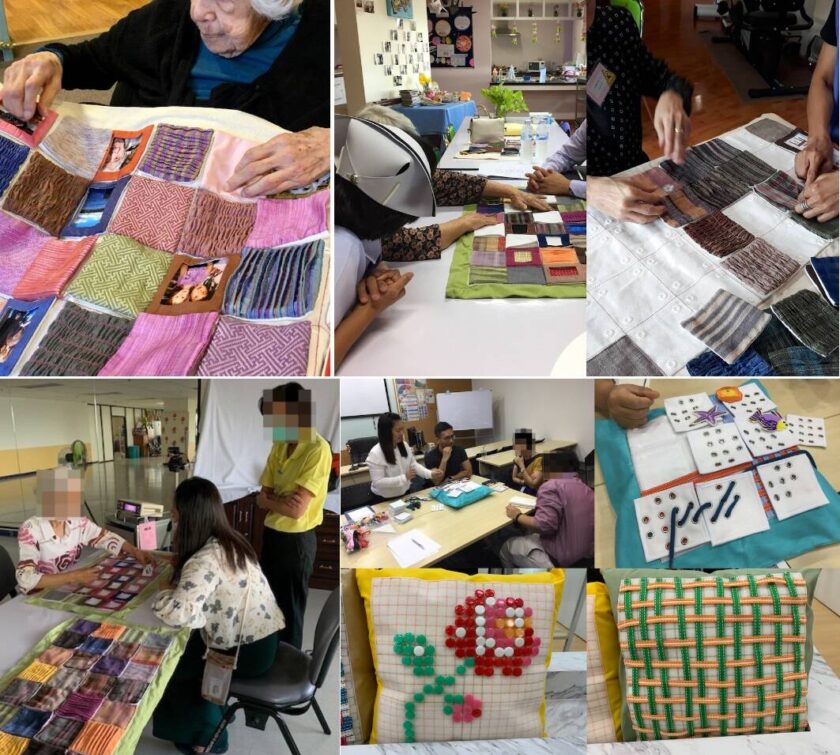
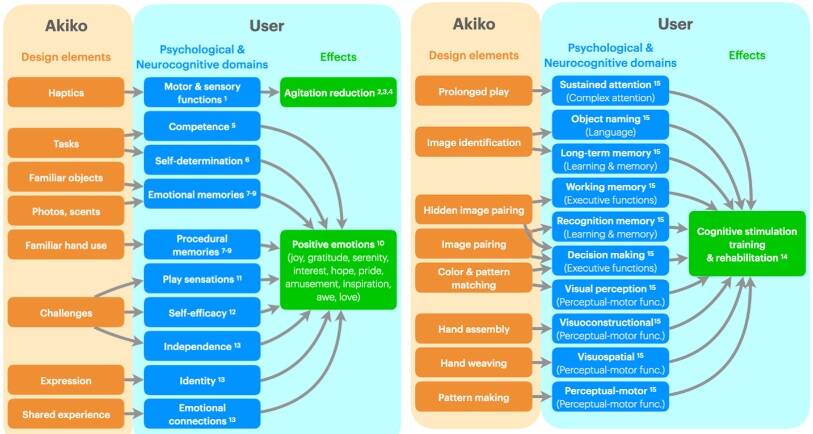
Monica (Brain training/ stimulating game)
Designed to sharpen cognitive skills, Monica is a stimulating game that promotes focus and memory improvement for seniors and individuals of all ages. It consists of two parts: (1) game software, which emphasizes using simple images or icons for easy memorization. The gameplay rules are straightforward, not overly complex, yet adjustable in difficulty levels. It includes a scoring system for tracking progress. (2) Joypad equipment is a wireless hardware controller comprising press buttons, a button cushion, a support base, and a grip handle. The device’s design is tailored to ensure ease of use for seniors. The buttons are large, providing a comfortable grip and easy pressing. The cushioned support base accommodates the posture of the elderly, allowing them to place the device securely, reducing the risk of fatigue.
Additional Information: Monica Joypad and Information Technology
Download: Monica application game (free of charge)
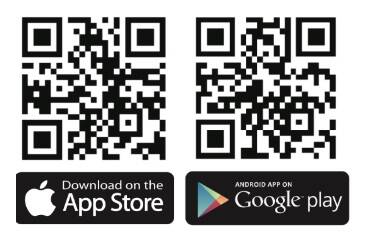

Ben (Bed assist device)
Providing seniors and patients with elevated beds the freedom and security to sit up and transfer independently, Ben is an essential assistive device that enhances daily living. It stimulates the action of sitting up and reduces bedridden time, contributing to overall physical and mental well-being. Furthermore, it can be transformed into a chair for medical procedures and is suitable for visiting relatives. The device is both portable and easy to store.
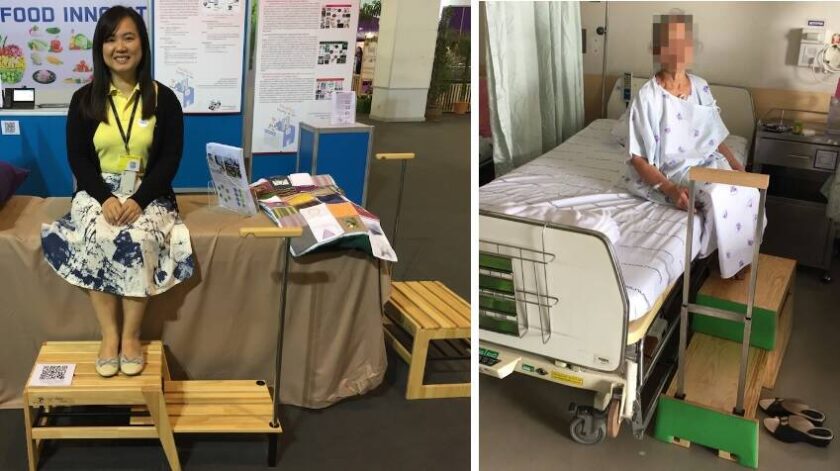
Wearable Technologies Consulting Services lab
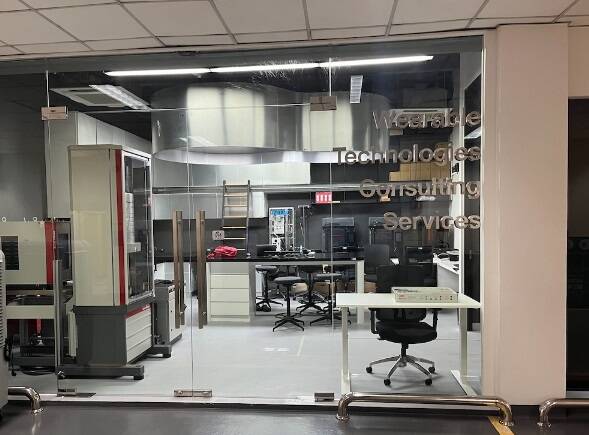

The laboratory has received budgetary support established under the Future Industries and Services Development Integration Plan for the fiscal year 2022 from the Office of Industrial Economics (OIE). This funding is allocated for technology testing and analysis in wearable technology. The laboratory is equipped with ready-to-use tools for testing, operated by a team of specialized experts.
Sensors for motion analysis equipment: XSens MVN Awinda/XSens MVN Analyze software

Motion analysis camera system: OptiTrack PrimeX 22/Motive Optical Motion Capture software

Muscle electrical signal measurement and analysis kit: (Electromyography, EMG): Delsys Trigno(R) Avanti EMG + IMU System
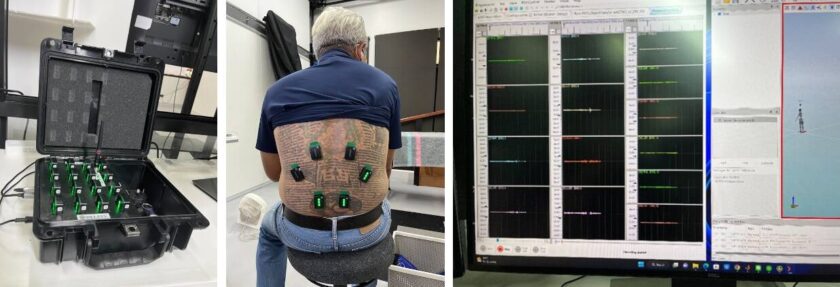
Wearable gait posture analysis: G-walk Wearable Inertial Sensor for Motion Analysis
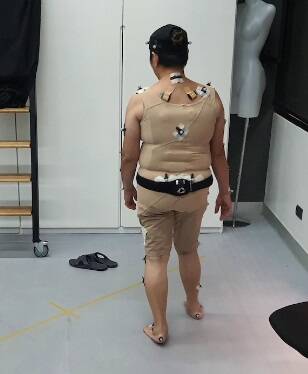
Indirect calorimetry energy expenditure analysis equipment: Ultima CPX™ Metabolic Stress Testing System
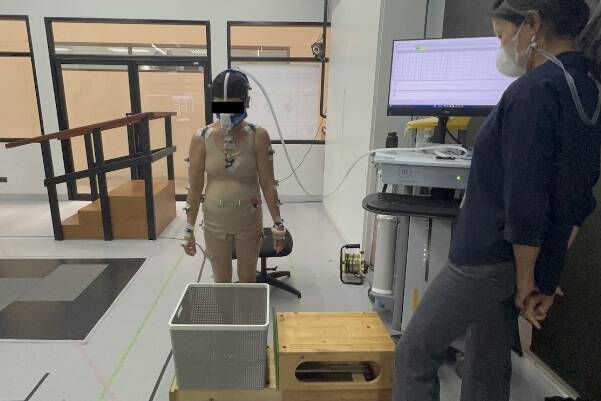
Electrodynamic Testing Machine: Zwick/Roell LTM10
A Universal Testing Machine with a high-precision Extensometer, a Hardness Tester, and a Dynamic and Fatigue Tester, all equipped with state-of-the-art manufacturing technology and precise calibration capabilities according to international standards such as DIN, EN, ISO, ASTM, JIS, and BS.

Partners

Well-living Design research team (WLDT)
Dr. Worawarit Kobsiriphat
Phone : 0 2564 6500 ext. 4754
E-mail : worawark@mtec.or.th

